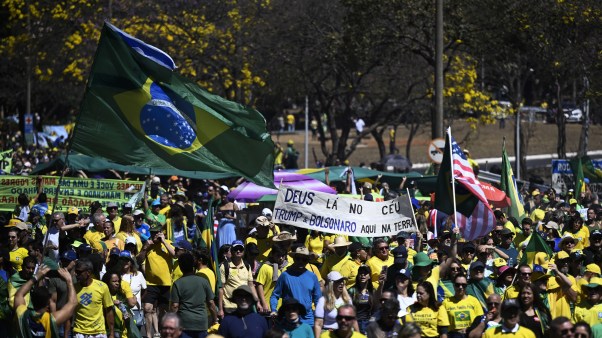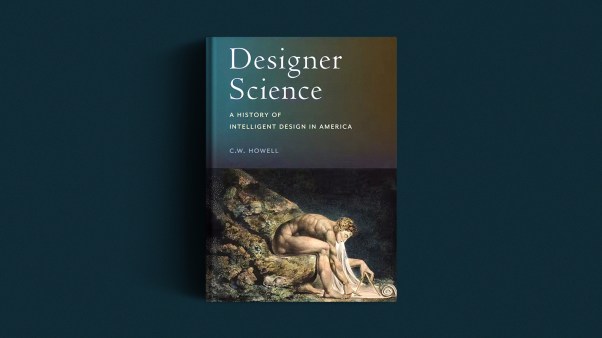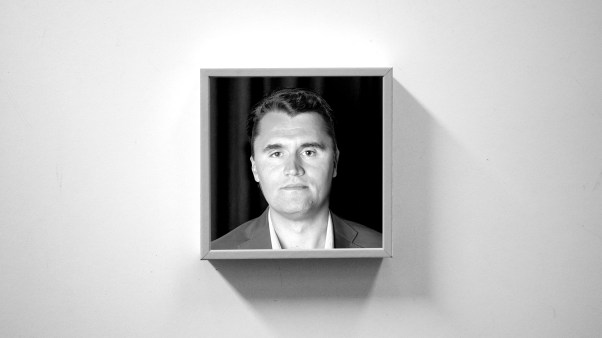Editor’s Note: This week we begin the fifth round of Science in Focus. Our subject for May is the Fox TV series Terra Nova, which premiered in September 2011. A couple of months after the conclusion of Season 1 in December, Fox announced that the series would not be renewed.
I have a confession: I love science. A lot of current television shows fail to entertain me (Real Housewives of Atlanta, anyone?), but a few lately have caught my attention with their attention to detail in regards to science: CSI (both Las Vegas and New York), NCIS, Bones, Body of Proof, Alton Brown’s Good Eats, The Big Bang Theory … you get the idea. So when a commercial came on about the new show Terra Nova, I quickly reserved a spot for it on my DVR (Dinosaurs! Sign me up).
The premise of Terra Nova is that in the year 2149, the Earth is barely habitable. People have to wear masks to travel outside; the really wealthy (or corrupt, as we soon find) pay to live in bubble towns of clean, fresh air. A radical solution is proposed: sending time-traveling pioneers back 85 million years to the Cretaceous period. That time is referred to as Terra Nova. Due to Terra Nova being in a different “time stream,” so the story goes, the Earth to be explored and settled is not the same one that people in 2149 inhabit, so there is no worry that the future will be changed. (What a relief, huh?)
Successive groups of people from 2149 are taken to Terra Nova on “pilgrimages.” When the show starts, we see the 10th pilgrimage, transporting the Shannon family to Terra Nova. The father, a former police officer and escaped prison convict (he was guilty of having too many children), adjusts to his new life with his family after a period of separation. The Shannons soon learn that there is unrest in the community, provoked by a pilgrimage that has gone rogue, the Sixers. As the rest of the season proceeds, the pilgrims deal with carnivorous dinosaurs, attacks by the Sixers, mysterious codes written on rocks, and the invasion of “evil” people from 2149 who want to extract natural resources from Terra Nova.
To be truthful, I did not know at the outset how long I would watch Terra Nova. In some ways, the show seemed to be a remake of Lost, with dinosaurs in place of smoke. On the positive side, with the new pilgrimages, I knew there would always be new cast members that could be introduced, leading to new storylines if one got old or just did not work anymore. But would the show devolve into a weekly edition of Jurassic Park? (After all, Steven Spielberg was the producer of Terra Nova.) As the series unfolded, I was pleasantly surprised at the nice balance of dinosaur awe and terror. The dinosaurs were always there to snack on a wayward human, but their presence didn’t drive the plot line of the show.
As it turned out, not enough viewers kept watching to sustain the series for a second season. That’s a pity, because Season 1 offered an effective marriage of science, fiction, drama, and action. When it comes to science on television, I’m a stickler for accuracy. I’ve been known to yell at the TV when a chemical compound is misnamed or a DNA test comes back in five minutes. But I’ll admit that I’m not as demanding when watching science fiction or futuristic shows. Maybe in 2149, we will be able do surgery without cutting into a body, design vaccines in minutes, or use insects outfitted with surveillance equipment. When a show is placed in the future, it’s so much easier to enjoy the “what if” of science—a quality I’ll continue to look for.
Sarah Pierce is assistant professor of chemistry and engineering science at Cumberland University.
Copyright © 2012 Books & Culture. Click for reprint information.









